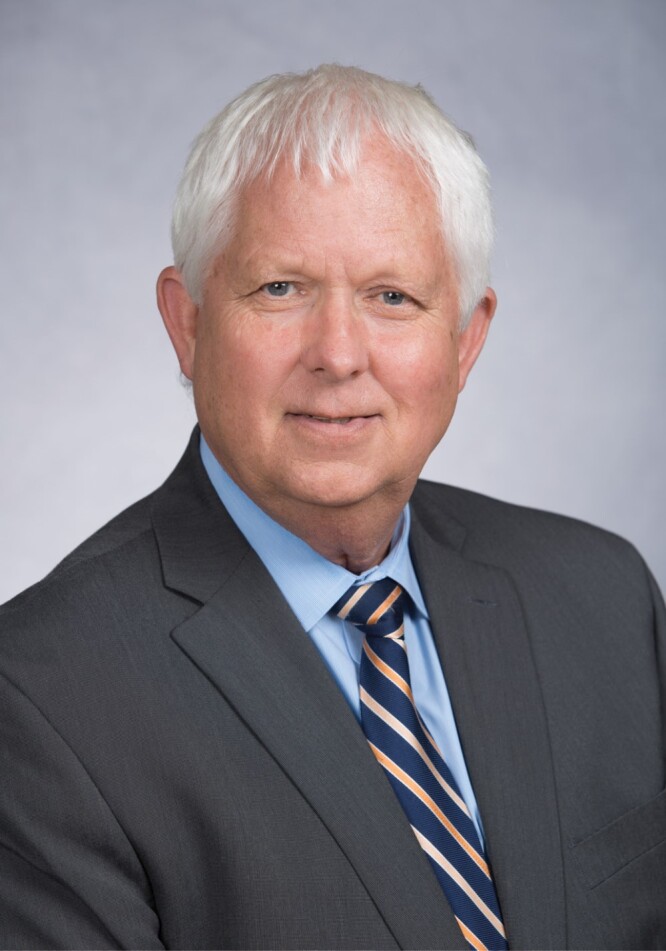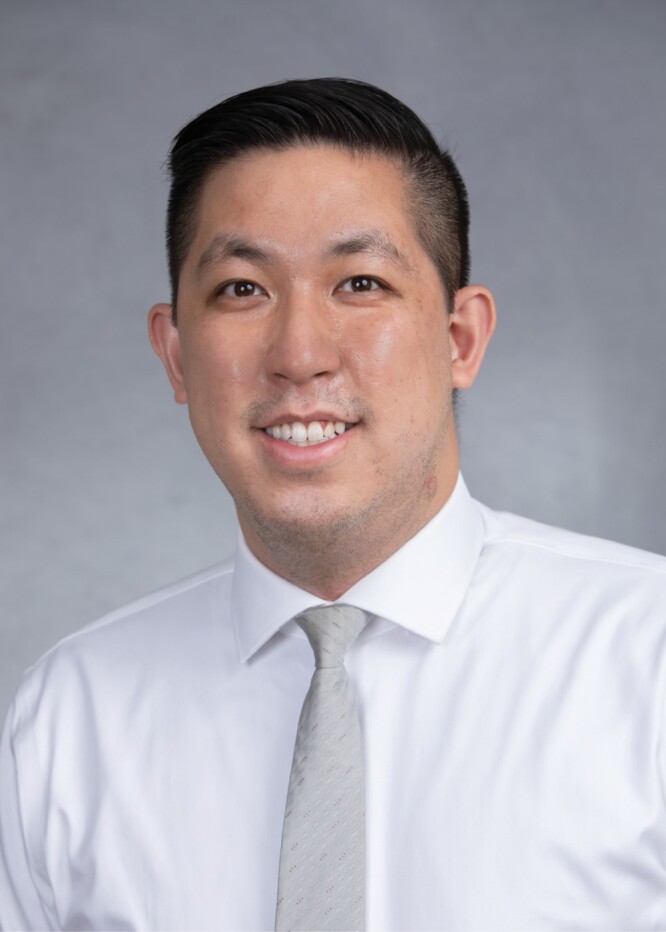When Stone Theatres Pointe 14 in Wilmington, NC, opened early this year, the activity on the agenda was COVID-19 vaccination, not eating popcorn and watching the latest movie.
The theater generously donated its space for New Hanover Regional Medical Center (NHMRC) to hold large-scale community vaccination clinics.
NHRMC staff had administered more than 27,000 COVID-19 vaccine doses in the theater through the end of February, said Mike Melroy, system director of pharmacy.
“It was a huge success,” Melroy said. He added that patients appreciated the convenient location and ample parking as well as the ingenuity of the partnership between the health system and the theater.
Melroy said the hospital first established a COVID-19 vaccination clinic in a low-traffic area of the hospital. But the space lacked the capacity to handle the large-scale vaccination effort that soon became a priority for the organization.
So NHRMC leaders searched for an additional venue to supplement their vaccination efforts.
Melroy said that during a brainstorming session, Vice President of Facilities and Support Services Tom Walsh offered to ask a friend who managed the local Stone Theatres Pointe 14 about setting up a clinic there. At the time, the theater was closed to the public but open to security and maintenance staff.
Within hours after touring the theater, the NHMRC team had sketched the clinic layout and basic logistics. The clinic opened 5 days later.
NHMRC installed a pharmacy refrigerator with remote monitoring at the theater and made technological upgrades to the site, all with the enthusiastic support of the theater’s management.
“We’ve really kind of taken over the movie theater,” Melroy said. “We boosted their internet and secured their wifi.”
Although most doses are administered inside the building, there’s also a drive-up vaccination option for people with limited mobility.
“We have our company police in the parking lots trying to identify people who look like they really have a hard time getting around. And if they see somebody really struggling in the parking lot, they’ll ask them to get back in their car and pull around to the side,” Melroy said. Once parked, the person calls a phone number posted on a sign, and a team member comes out to administer the vaccine.
Melroy said staff are outside to monitor the drive-up users, who are told to honk their horn if they start feeling ill after being vaccinated and need assistance.
He said the onsite team and security staff quickly made adjustments, such as rerouting traffic and designating new parking spaces, to improve patient flow and the overall experience.
“It’s just continuously gotten better,” he said, adding that NHRMC hopes to use the theater as a vaccination site until it reopens to show movies.
Melroy said the project demonstrated to state health officials that NHMRC can successfully operate a large-scale vaccination campaign. That, in turn, boosted NHRMC’s designated allotment of COVID-19 vaccines at a time when supplies remained scarce nationally.
“I think it’s a great opportunity for us as pharmacists and pharmacy leaders, both within our organization and in the community, to really make a difference to the health of our communities,” Melroy said. “It’s been a great opportunity to get out and be able to show our value in coordinating these types of activities.”
NHRMC is also working with local churches to promote COVID-19 vaccination in historically underserved populations.
He said a postgraduate year-2 (PGY2) resident has developed the drug information and patient education materials for the outreach effort, and pharmacy staff are deeply engaged in these activities.
“Our residents have really risen to the occasion. We’ve asked them to be a part of our vaccination efforts,” Melroy said. “We look at this for our residents as an opportunity to be a part of the solution of getting us through this pandemic.”
Another entertainment-type venue, Major League Baseball (MLB), has also been an active participant in mass vaccination campaigns. MLB announced March 26 that more than 1 million COVID-19 vaccines had been administered in the league’s ballparks, 11 of which have hosted vaccination events.
A big contributor to that total is California’s Petco Park, home to the San Diego Padres. The team partnered with the University of California (UC), San Diego, to operate COVID-19 mass vaccination events; more than 200,000 doses were administered before the so-called vaccination superstation shut down in late March.
“The program was set up as the first—and really still the only—mass vaccination site in San Diego County,” said Charles E. Daniels, chief pharmacy officer for UC San Diego Health.

Charles E. Daniels
He said the clinics were geared toward administering 5,000 doses per day and sometimes exceeded that goal. A description of the project was featured in the March 9 issue of JAMA.
Daniels said the Padres team was incredibly helpful with community outreach and for making available their facility, storage and operational space, tents, and other infrastructure.
“The Padres have been so engaged to help us,” Daniels said. He noted that the Padres mascot—the Swinging Friar—was onsite at the ballpark to celebrate the administration of the 100,000th dose.
Jonathan Hwang, who is completing his PGY2 residency program in health-system pharmacy administration and leadership, worked on operational and distribution elements of the superstation. He was enthusiastic about the experience, even when it meant being at the ballpark at 4:00 am to get ready for the day.

Nancy T. Yam
“I am excited to be a part of this,” Hwang said. “Because having a path forward and being able to be a part of that effort to get vaccine to patients is very rewarding to me [and] the volunteers that are onsite.”
UCSD Director of Pharmacy T. Nancy Yam, whom Daniels referred to as the point person for Petco Park, said the vaccination superstation was primarily a drive-through clinic. But a walk-through area, convenient to public transportation, was also incorporated into the site.

Jonathan Hwang
Yam said the pharmacy team ensured that the outdoor venue had appropriate refrigerated storage space and backup power for housing the vaccines, which UCSD brought to the ballpark daily.
“We installed continuous temperature monitoring, and then we had to decide who was going to be getting the alerts,” Yam said. “And then we worked really closely with the nurses and leadership in general to make sure that we would be sending the same lot, as much as possible, so that they weren’t switching too many lots onsite.”
She said one of the pharmacy team’s first leadership decisions was to nix an internal suggestion that each recipient be allowed to choose which vaccine to get.
“We said, ‘No, no, no!’” Yam recalled. “We said that our preference was going to be the Moderna supply for our vaccination superstation, . . . because of the storage and the stability of it, and because we would have to be transporting it daily to the Petco Park area.”
Daniels said one benefit of these and related internal communications was that health-system leaders deferred to the pharmacy team’s expertise on all things related to COVID-19 vaccine storage, handling, preparation, and administration. The leaders also came to grasp the importance of keeping just 1 product onsite to reduce the risk of administration mix-ups among vaccines that have a 2-dose schedule.
“Somehow the message was preached so effectively that now, whenever they get ready to talk about [working with] the vaccine, they always work into the conversation, ‘Well, as long as pharmacy is OK with this,’” he said. “Eventually, we didn’t even have to say any more. They always bring it up.”
As has been common during the COVID-19 vaccine rollout, an unpredictable vaccine supply posed challenges to managing the appointment-based vaccination clinics. Yam confirmed that the Petco Park operation sometimes had to cancel planned events because of vaccine supply constraints and, in 1 instance, a severe weather event.
“You don’t think that San Diego is really limited by weather,” Yam said. “However, we did have 1 weekend where the winds were really blowing and it was raining, [and] we had to cancel because of the tents and the safety aspect in the drive-through.”
Daniels and Yam agreed that the deep involvement of health systems in mass vaccination campaigns fits a somewhat unexpected national need.
“Our role in the community is to improve public health. And this is an important crisis for every city, every county,” Daniels said. “There are really no other viable options than to have the health systems become involved, just to make sure that we’re able to start getting people in our community vaccinated.”
“I think we have a public obligation, as a big health system in this city, to really help and play a big part in the community. We need to help in any way possible,” Yam added.
For more information and free tools regarding the pandemic, including the Assessment of Evidence for COVID-19-Related Treatments and patient-level COVID-19 vaccine monographs in English and Spanish., visit ASHP’s COVID-19 Resource Center and the COVID-19 Community at ASHP Connect.


